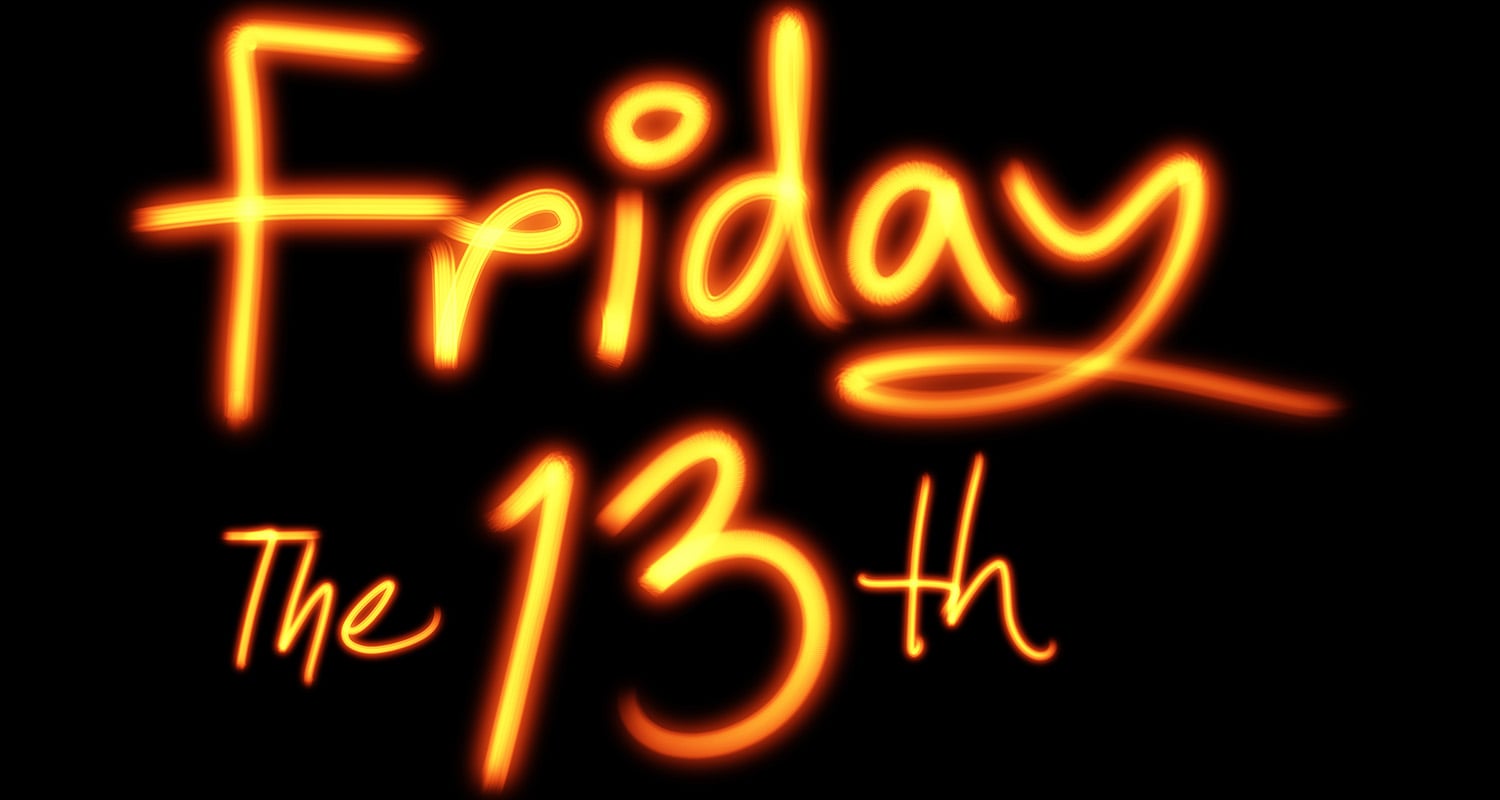This is Friday, September 13th, 2024. To most, this date will be greeted with fear while for others, it’s just another day. Around the globe, Friday the 13th is commonly thought to be the most unlucky day of the year, with some people even suffering from specific phobias related to it.
There is a superstition around the date, which allegedly costs businesses about $900 million due to people avoiding travel, significant events, and in some cases work. And the fear… where is it coming from? So we decided to find out more about this curious superstition and its origins and history.
Is 13 an Unlucky Number?
In Western culture, the number 13 is commonly associated with bad luck. Some trace this belief back to the ancient Code of Hammurabi, where it is said that the 13th law was omitted. However, it was later revealed that this was simply a mistake by a translator.
The superstition also derives from Biblical tradition. Judas Iscariot is believed to have been the 13th person at the Last Supper, contributing to the superstition surrounding the number 13. He was then crucified the day after, on a Friday. The superstition was reinforced to the extent of creating a cultural phenomenon in Western Society with the coming together of an unlucky number and a doomed day.
Suggested Read: Venom 3: The Last Dance Final Trailer, Release Date
Friday the 13th in Nordic Mythology and Backstory
According to the book, Extraordinary Origins of Everyday Things by Charles Panati, there is a famous myth concerning Friday the 13th in Norse mythology. One version of the story dates back to the party god Loki attending a banquet in Valhalla as the 13th guest, causing chaos. Balder, the god of light, died because of Loki’s interference.
But here is something interesting… Friday the 13th is not considered as unlucky everywhere. In Spain, Tuesday the 13th is seen as more deadly. According to Brian Handwerk at National Geographic, in Spain, “They don’t fear Friday the 13th; it’s Tuesday the 13th that brings bad luck this year.” Italians similarly dislike the number 17 because its Roman numeral (XVII) can be changed to spell “VIXI,” meaning “my life is over” in Latin.
The Science of Superstitions
Dr. Phil Stevens, a retired anthropology professor, weighed in on the concept of “magical thinking” to explain Friday the 13th’s popularity. Magical thinking involves attributing psychic explanations for physical effects (like saying “open sesame”) and believing that unrelated things are causally connected. A heightened fear and superstition surrounds the blend between Friday and the number 13 in these cases.
This psychological aspect helps to maintain the taboo against these two elements being connected. It’s a type of superstitious behavior, which gives people the feeling that they have control over unpredictable things.
The Role of Popular Culture in Friday the 13th’s Legacy
Friday the 13th’s fear has been tied to all sorts of superstitions, but it is most commonly associated with popular culture — particularly the horror film franchise Friday The 13th, which began in 1980. This association is only strengthened as horror franchise films, centralizing the infamous character Jason Voorhees, are released on these dates (Friday the 13th), perpetuating societal fears regularly.
Humor and Celebration Around Friday the 13th
Even though Friday the 13th has developed a bad name for itself, in some cases there is humor about it or perceptions of irony behind what this day is said to bring. Some may even capitalize on the day by offering discounts at tattoo shops, making it a celebratory event. Well, the two comparisons show how certain narratives can change culturally, echoing how people could at least reclaim the date from this stereotype.
Conclusion
Friday the Thirteenth represents a multifaceted superstition blending historical, cultural, and psychological elements. Yet still, many approach the day with an understandable dose of caution — while others see it as an opportunity for fun or reflection. In time, our ideas of this dreaded date may change as society evolves, lessening some of that fear and trepidation moving forward.
Whether it is considered an unlucky day or a superstition, an unseen power compels us to think something about Friday the 13th. That’s how superstitions shape even logic! The clock will strike midnight on September 12, 2024, and some of you folks are gonna avoid black cats and ladders, right? Or will you grasp the day with both hands, confident that this is only a quaint notion from yesteryear? As the saying goes, the choice is yours.









